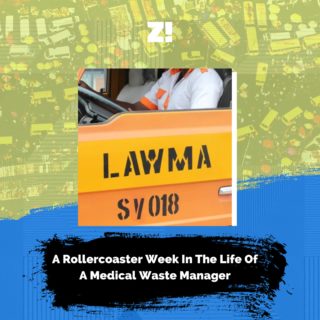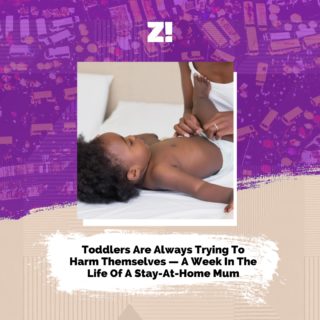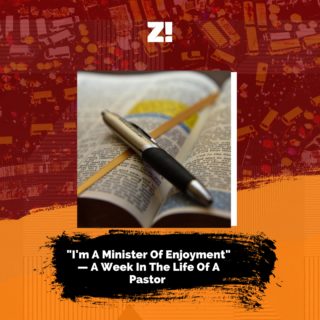If you grew up in Nigeria and aren’t Igbo, chances are that you probably heard about the Nigerian civil war in detail at a later part of your life. This is because shockingly, an important part of our history is left out of the school curriculum. Seeing as we are entering the decade of intense adulting – marriage, and other serious responsibilities are going to spring up. It is important that we don’t let down the next generation as we have been let down. Therefore, it is necessary we all know what happened so that we may tell the people coming after us. To better understand what transpired and to make sure it never repeats itself, here are some books to guide you on that journey.
1) The Making of an African Legend – The Biafra Story.
This an excerpt from the book:
” This book is not a detached account; it seeks to explain what Biafra is, why its people decided to separate themselves from Nigeria, how they have reacted to what has been inflicted on them. I may be accused of presenting the Biafran case; this would not be without justification. It is the Biafra story, and it is told from the Biafran standpoint. Nevertheless, wherever possible I have sought to find corroborative evidence from other sources, notably those foreigners (largely British) who were in Biafra at the start of the war.”
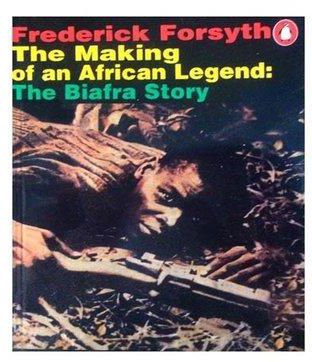
This book paints the transition from independence to the coup that led to the war. It also paints a total picture from where the country started, where it was headed, and how it veered off track. It is told from the perspective of a seasoned war journalist.
2) Oil, Politics, and Violence – Max Siollun.
A gripping excerpt:
“Underestimating the win-at-all-costs mentality of the Nigerian National Alliance (NNA), the UPGA unwisely decided to boycott the elections on the ground that the NNA was planning to rig it… Due to the widespread electoral malpractices, President Azikiwe refused to call Balewa to form a new government following the elections. For several days, Nigeria teetered on the edge of an abyss as the President and the Prime Minister tried to scheme each other out of power”.
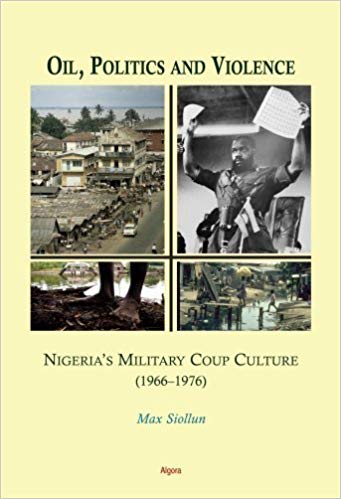
3) Why We Struck – Adewale Ademoyega.
Told from the perspective of one of the main coup plotters of 1966, this is an excerpt to show you how gripping the writing style is:
“It was the dramatic end of the regime of deceit, bad faith, ambivalence, misdirection, and misrulership. Ironsi’s regime was a colossal failure”
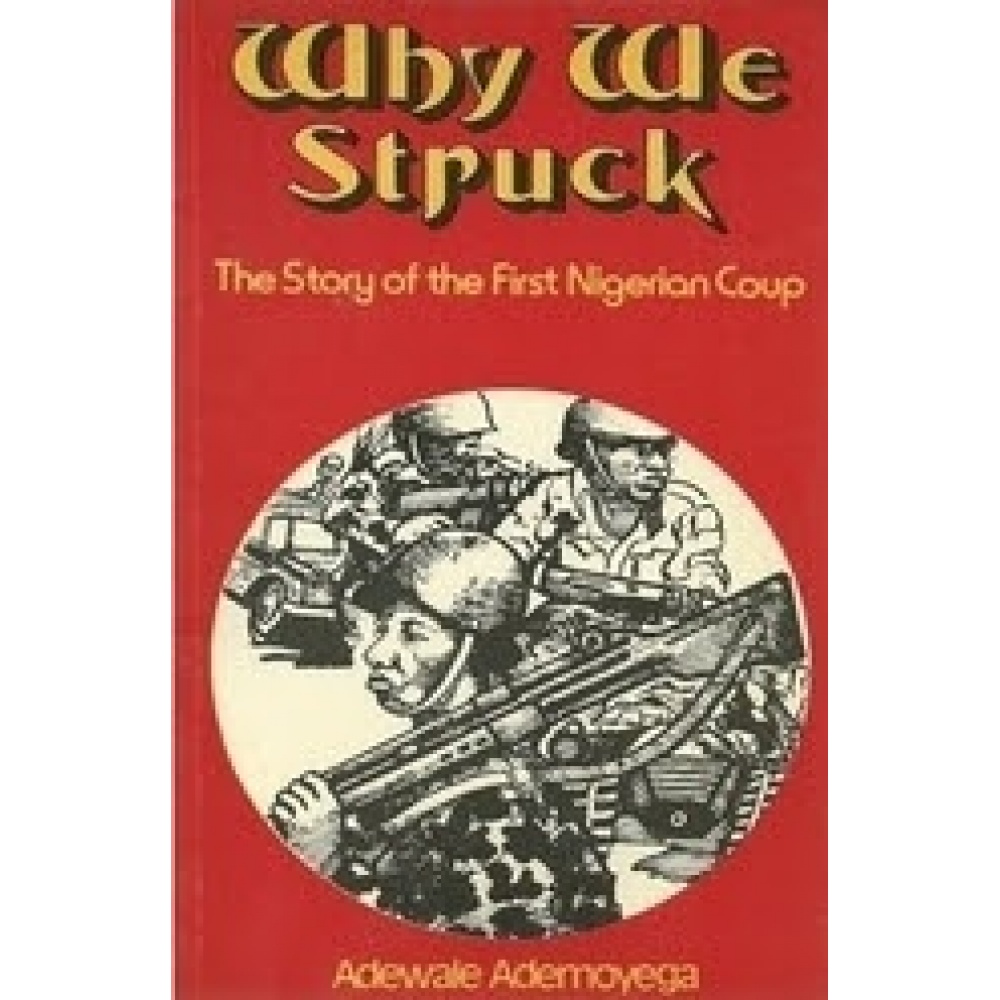
4) The Nigerian Revolution and The Biafran War – Alexander Madiebo.
The book starts with this excerpt:
“This book is not intended to serve as political propaganda material for the benefit of any section or group of individuals. It is rather a genuine attempt to render a dispassionate account of the Nigerian revolution and the civil war which took place from January 1966 to January 1970.”
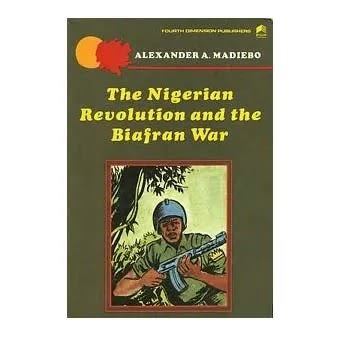
5) The Tragedy Of Victory – Godwin Alabi-Isama.
Excerpt:
“My attraction to the army was rather unusual because there was nothing military about it. It was not borne out of the usual big talk of love for the fatherland to fight to save the country in the face of external aggression, or against centrifugal forces aiming at getting the country disintegrated. I was 19 years old in 1959 when I first saw the army march past at Oke Bola in front of Ibadan Boys’ High School (IBHS). I neither knew nor even suspected any potential threat to our country’s socio-political stability. But with the benefit of hindsight today, I can say that some important people might have known that real challenges confronted the nation and so did some senior military officers at that time.”
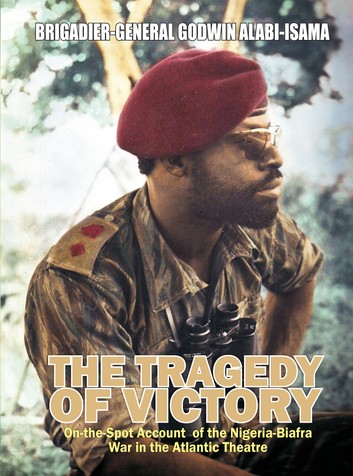
The best part of this book is the use of pictures to tell stories and the way the author takes you in the transition from peace to war using his life to map timelines. You also go from boyhood to manhood and from peace to war.
6) Surviving Biafra: A Nigerwife’s Story by Elizabeth Bird and Rosina Umelo.
The book draws you in with this introduction:
“One cold morning in 1950s London, Rosina (‘Rose’) Martin struck up a conversation with a young Nigerian on a station platform—Royal Oak, she recalls. The two were worlds apart; John Umelo, born in Eastern Nigeria, had come to London in the waning days of colonialism, ‘thinking the streets were paved with gold’. Rose was born and raised in Frodsham, Cheshire, a small market town of barely 5,000, about sixteen miles south of Liverpool. Over the next days and weeks, their relationship grew; defying social norms, they first lived together, had a son, and then married in 1961.”
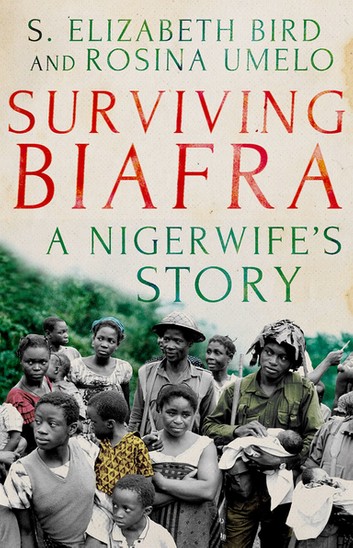
This book is important because it tells the story from a civilian point of view and it is therefore apolitical, unlike many stories that are told by participants of the war. It is also from the perspective of one of the few women who have written about the war. It narrates what it feels like to be caught up in the war as an ordinary person.
Did we miss any book that paints an objective view? Let us know in the comments section.

